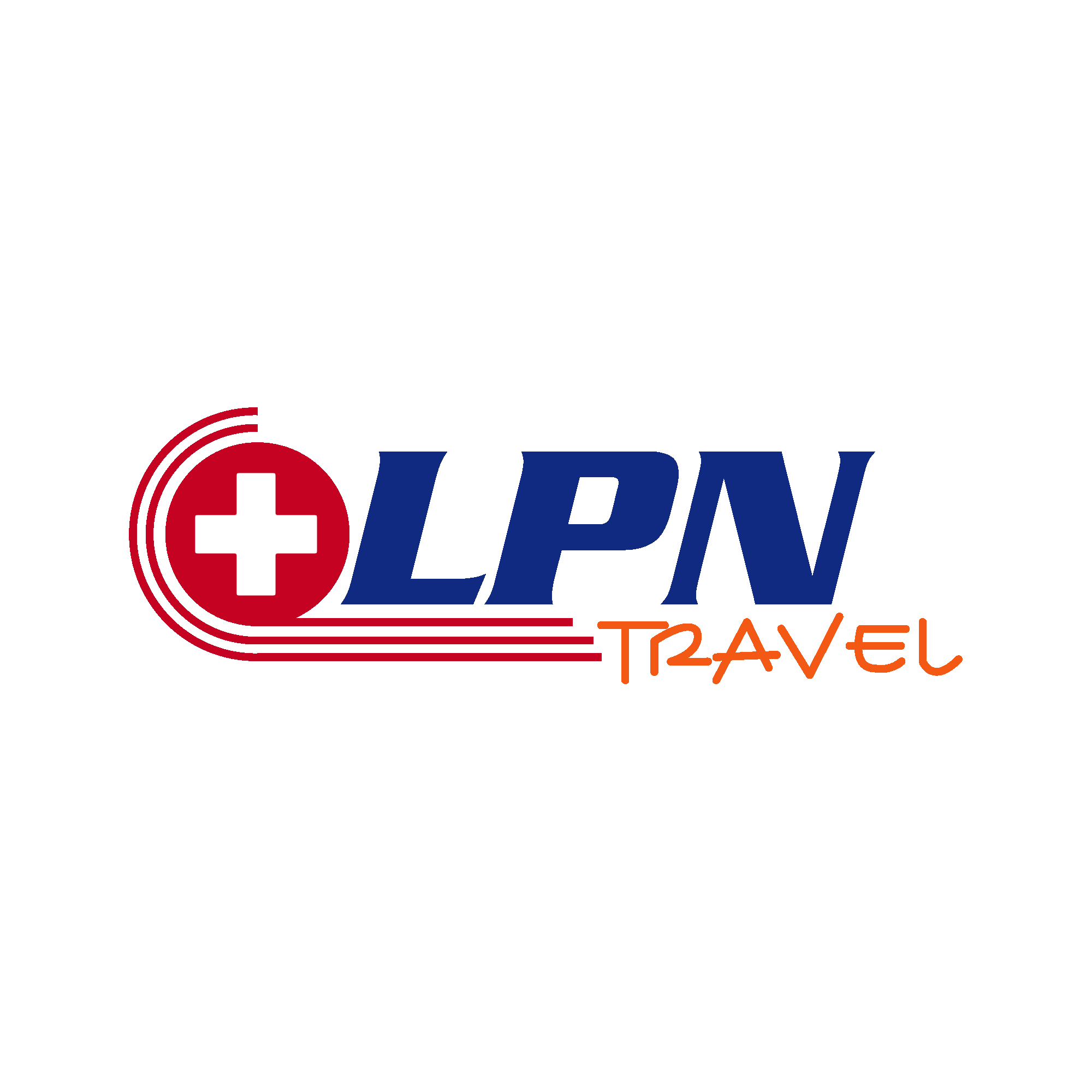As healthcare continues to advance and evolve, licensed practical nurses (LPNs) will face a suite of new opportunities and challenges. Understanding the newest trends in travel healthcare can help LPNs stay ahead of the curve and prepare for whatever lies ahead. Here are five hot trends that LPNs should keep an eye on:
1. Telemedicine: The use of telemedicine is rapidly expanding due to its convenience, cost-effectiveness, and ability to provide quality care regardless of location. This could be particularly beneficial for traveling LPNs as it allows them to communicate with patients remotely, eliminating the need for physical visits at each appointment.
2. Automation: Automation is also becoming increasingly common in healthcare, with many tasks now handled by robots and machines. Automation could allow LPNs to focus more on patient care rather than administrative duties.
3. Virtual Reality: Virtual reality (VR) technology is being used in various medical settings to help diagnose and treat patients, as well as to train new healthcare workers. This can be especially useful for LPNs working in travel healthcare, who may not have access to traditional training methods or resources.
4. Artificial Intelligence: Artificial intelligence (AI) is becoming increasingly popular in the field of medicine, with many applications already available and more coming out every day. AI can aid in data collection, analysis and decision-making processes that would otherwise be too time-consuming for practitioners to handle.
5. Interoperability: Healthcare interoperability refers to the ability of different healthcare IT systems and software to communicate with each other, allowing for better access and exchange of data. This is especially important in travel healthcare, where LPNs may need to access patient information quickly and securely across multiple locations.
By staying informed on these trends and keeping up with current developments, LPNs can ensure that they are prepared for the future of travel healthcare and any new opportunities or challenges it may bring.
Additionally, the use of technology and data can help LPNs improve patient outcomes by providing real-time insights into their conditions. For example, using wearables to monitor a patient’s vitals could alert a LPN if something is wrong and allow them to take action quickly. This could be particularly beneficial for travel healthcare situations, where access to resources or expertise might not always be available.Ultimately, these advances in technology offer exciting new opportunities for LPNs in the field of travel healthcare. By staying up-to-date on the latest developments and exploring how they can benefit their practice, LPNs can ensure that they are ready for whatever comes next.
